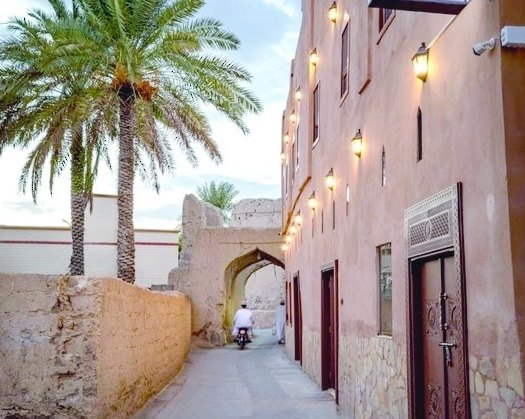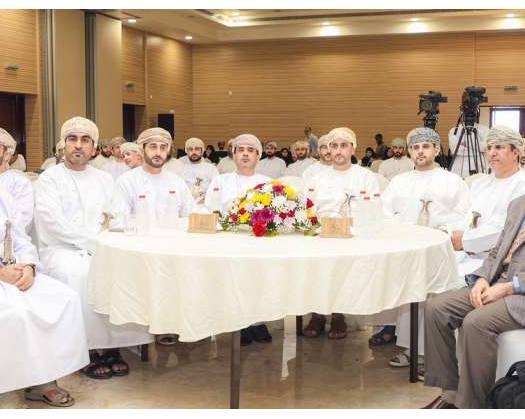Oman is increasingly aware of the critical role of creative and cultural enterprises in promoting the knowledge economy and driving sustainable national development.
These sectors make a substantial contribution to the country's GDP, diversify revenue streams, and preserve cultural identity, in accordance with Oman's goals. Vision 2040 places an emphasis on investing in heritage, culture, and the arts.
Dr. Salim bin Mohammed al Hinai, Assistant Professor at the University of Nizwa's College of Arts and Sciences, emphasized that creative industries include innovation-driven areas such as traditional crafts, visual arts, literature, music, film, design, and digital media.
"Significant progress has been made in the production of Omani daggers, silver jewelry, and traditional textiles, notably in Nizwa and Suhar," he said. "Furthermore, graphic design and digital content are developing quickly on social media platforms, and Omani film is gaining national and international acclaim. "
Cultural events, such as the Muscat International Book Fair and the Muscat International Film Festival, emphasize the industry's role in strengthening national identity and supporting the economy.
Dr. Al Hinai emphasized that creative enterprises provide useful jobs for Omani young, promote sustainable economic models, and improve cultural tourism by connecting legacy with modern industries. They also provide possibilities in the digital economy by creating eplatforms for worldwide marketing at cheaper investment costs.
Badriyah bint Mohammed al Fooriyah, Riyada's Director of Entrepreneurship, emphasized the agency's dedication to empowering innovative entrepreneurs via training, mentoring, incubation, and financial assistance.
Riyada develops strategic links with cultural and educational organizations to optimize investment in Omani intellectual heritage and generate new cultural content. "Creative industries provide good possibilities for revenue generation, job creation, and competitiveness, but only if they are backed by a strong legislative framework and a skilled workforce," she said.
Murtadha bin Abdulkhaliq al Lawati, Director-General of the Museum of Place and People, complimented Omani traditional industries as a valuable cultural heritage that blends function with artistic expression. He cautioned against innovation that destroys the core identity of local crafts, emphasizing the importance of preserving their cultural and economic value to sustain heritage and promote cultural tourism.
Khalid bin Sulaiman Ambusaidi, proprietor of Nizwa's Manazil Inn, stated that authentic restoration projects such as maintaining Omani tradition without change, promoting national identity, and improving Oman's worldwide cultural image are important.
To encourage creative industries in the face of digital change, specialists advise establishing specialized restoration workers and working together to use new technologies for heritage documentation and promotion, ensuring that Oman's culture remains a viable resource for future generations.








